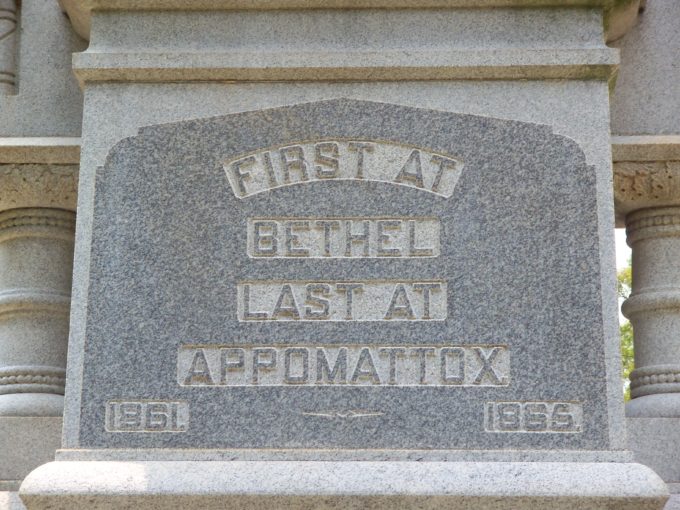
Monday, 8 July 2019
For He who said, “Do not commit adultery,” also said, “Do not murder.” Now if you do not commit adultery, but you do murder, you have become a transgressor of the law. James 2:11
James now reveals how the words of the previous verse are true. He had said, “For whoever shall keep the whole law, and yet stumble in one point, he is guilty of all.” Now he says, “For he who said.” This is speaking of the Lord who is the Lawgiver. The law came through Moses, but it is the Lord who spoke it forth first. In fact, the two commands now cited were spoken directly from the Lord to the people at Mount Sinai –
“Do not commit adultery.”
“Do not murder.”
Because they both issue forth from the same Source, and because they are a part of one set of commands, breaking either is to break the whole body of law in which they are included. This is why James says, “Now if you do not commit adultery, but you do murder.”
Who is to say that doing one, but not the other, is acceptable? They both fall under the same law. And those commands which seem of less weight, such as coveting, can actually be the very source of violating the others. When one covets another’s wife, it can lead to adultery. When one covets another’s possessions, it can lead to theft or even to murder. Thus, in violating any precept of the law “you have become a transgressor of the law.”
Leviticus 18:5, a part of the law, says to the people, “You shall therefore keep My statutes and My judgments, which if a man does, he shall live by them: I am the Lord.” Is there any person in Israel’s recorded history from the time of the giving of the law until the coming of Christ that is still alive? No. They are all dead. From Moses and Aaron and then through all of the judges, kings, and prophets, all are dead. They did not do the things of the law.
Only in the coming of Christ is found One who did the things of the law, and He lives. His death was not because of a violation of the law on His part. Rather, it was for violations of the law by us. The fact that He came out of the grave demonstrates that He did not die for His own sin, but as a Substitute for ours. It is we who are transgressors – or those who go beyond the line – of the law. It is we who need redemption from the law, and it is Christ who accomplished that for us by never going beyond the law.
Life application: Why would James pick such a seemingly harsh commandment, such as not committing murder, to be the standard he uses? Most people have obviously never committed murder. They would be aghast at even the thought of it. But in reality, we are all guilty of this sin. According to God’s standard which Jesus revealed to us it says –
“You have heard that it was said to those of old, ‘You shall not murder, and whoever murders will be in danger of the judgment.’ 22 But I say to you that whoever is angry with his brother without a cause shall be in danger of the judgment.” Matthew 5:21, 22
God looks at the intent of our hearts. None of us have gone without hating another. Likewise, most of us have looked at another in lust and are guilty of adultery. Like coveting, the heart is what is evaluated by God, even if there is no external acting upon what the heart inclines toward.
All of this shows sin for what it is – utterly sinful. It also shows us our great need for Jesus’ perfect righteousness. Without His shed blood, we are utterly condemned, not just by our actions, but by our intent. O God, thank You for Jesus!
Lord, we have fallen so very short of Your perfection. Our thoughts are filled with that which is wrong and our hearts have been intent on evil. Forgive us of our faults – not because we deserve it, but because of Jesus, our only Hope and our Savior. We place ourselves completely in His hands and accept what He did for us. Thank You, O God, for our Lord Jesus. Amen.




